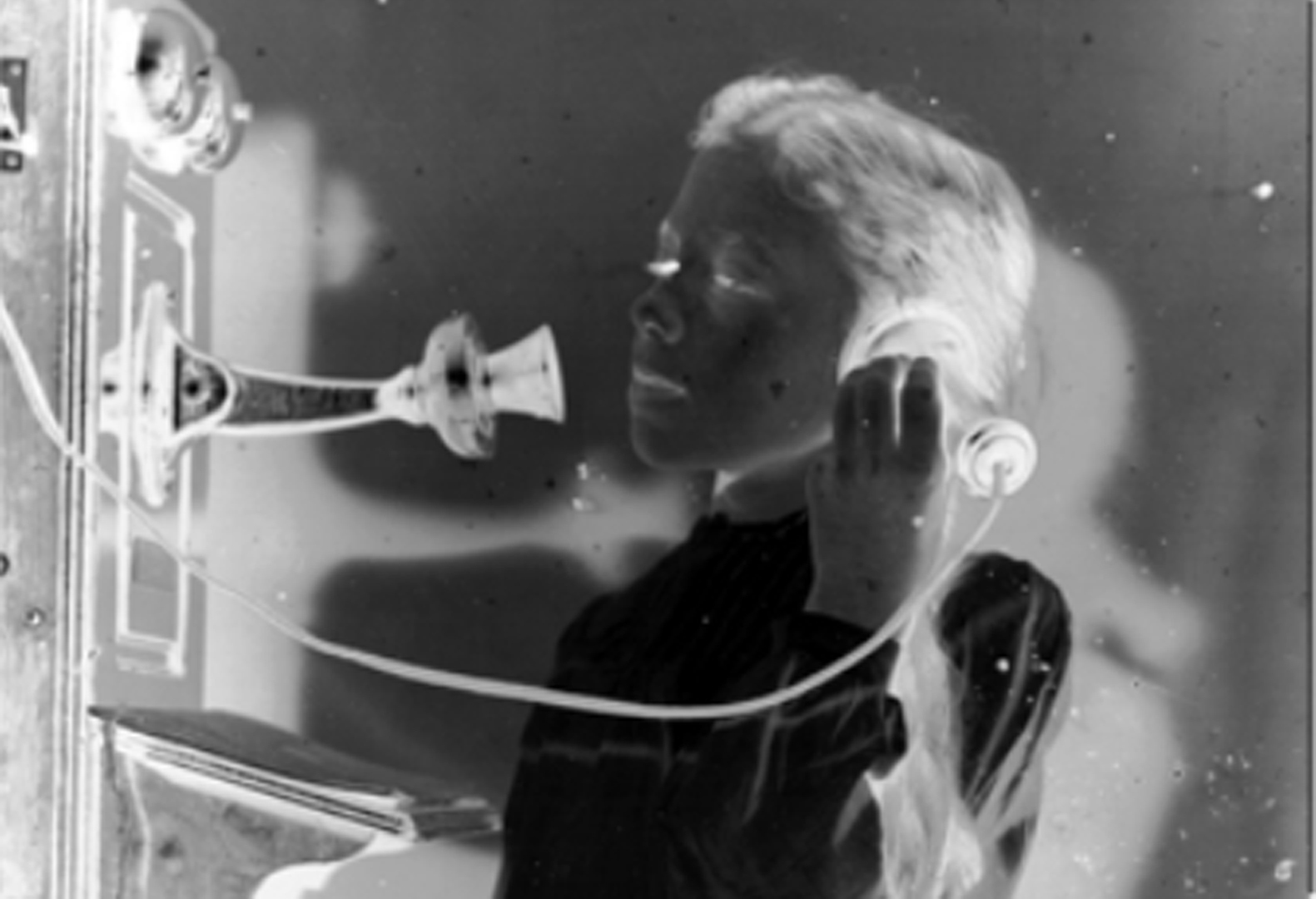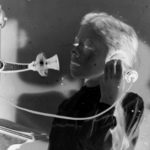Zoe Beloff: CD-ROM: Beyond
Title:
- CD-ROM: Beyond
Artist(s) and People Involved:
Exhibiting Artist(s):
Symposium:
Artist Statement:
Beyond operates in a playful spirit of philosophical inquiry exploring the paradoxes of technology, desire and the paranormal posed since the birth of mechanical reproduction. One might call it an investigation of the dream life of technology, from around 1850 to 1940. There was an almost magical element in the way people saw these developments, an issue I feel important to bring to light as we enter the digital realm. Beyond is an interactive work (programmed with QuickTime Video and QuickTime VR) which allows the viewer to explore a new kind of mental geography, in which they find themselves traveling through time and space encountering my virtual alter-ego who, as a medium, that interface between the living and the dead, transmits movies that record her impressions. The location is a real abandoned asylum dating back to the nineteenth century. It stands in for many places both real and fictional, from Charcot’s clinic at the Salpetriere, to Raymond Roussel’s fictional world of Locus Solus, to the destroyed buildings of the two World Wars, to the Paris Arcades of the Second Empire, to Edison’s’ laboratory at Menlo Park. In the 19th century it seems as if progress appeared so dazzling that the boundaries between the real (or conventionally scientifically provable) and the fantastic was far more permeable than we can imagine today. There was a certain obsession with the question of whether a machine itself could possess a soul. (just as people today speculate as to whether a computer could be have consciousness). My thesis is that if something which we now take for granted like photography was experienced as an uncanny phenomena which seems to undermine the unique identity of objects, creating a parallel world of phantasmal doubles, then the possibility of the production of say Spirit Photographs was not nearly as implausible as it might seem today. Similarly sound recording was thought of as a strange phenomena, for the first time severing speech from the body and allowing us to playback the voices of the dead.






